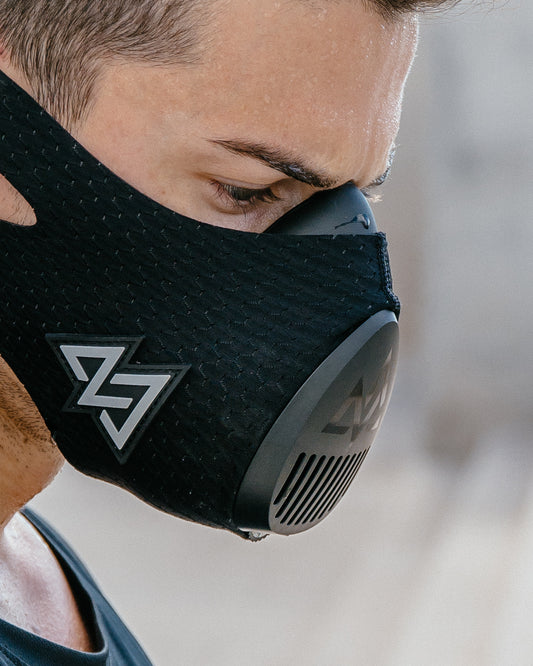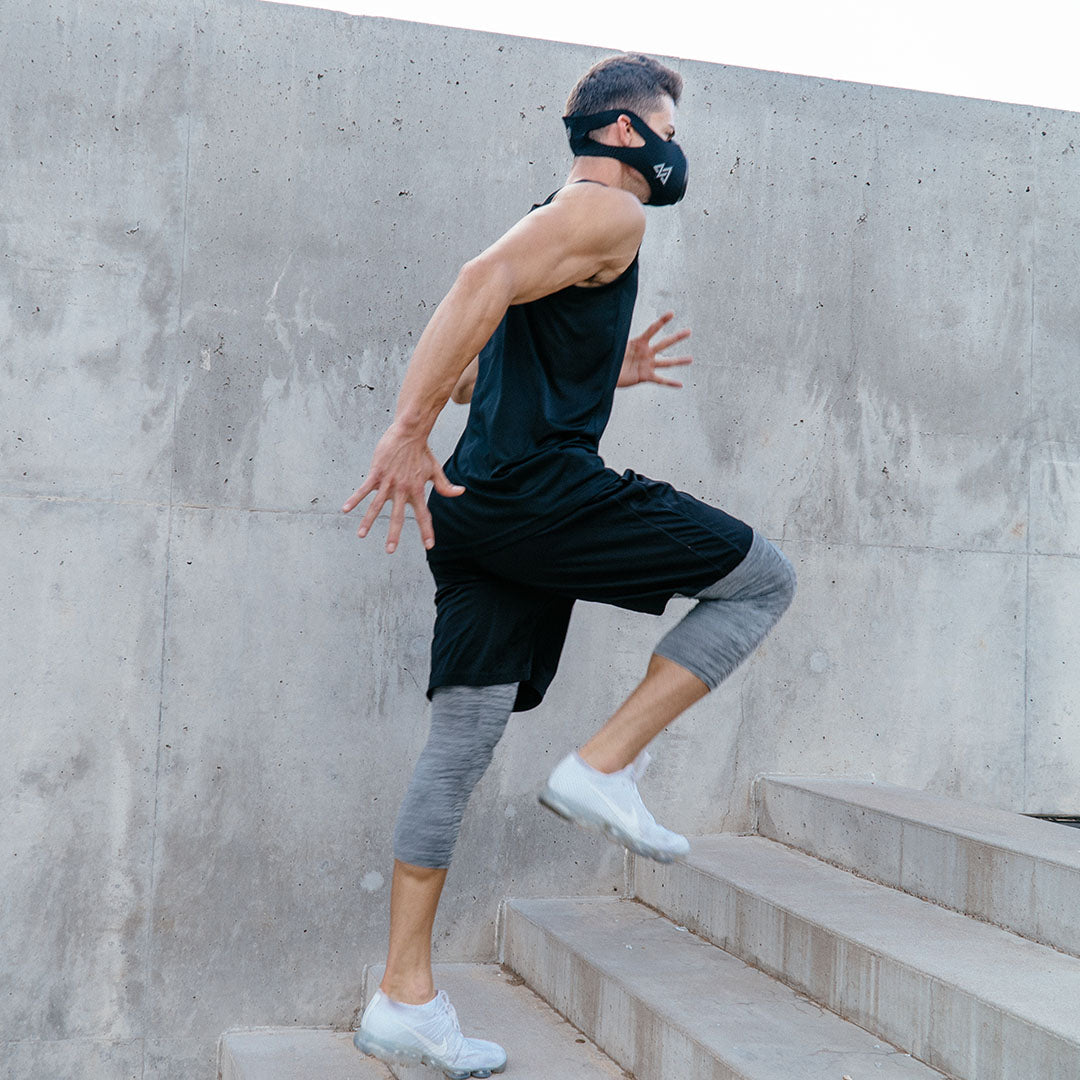Training masks have gained popularity as a tool for improving performance and fitness, claiming they offer a range of benefits. Among these alleged advantages, the one that training masks can improve your lungs has garnered the most attention. But is there evidence supporting such claims? In this article, we'll look into the science of training masks and one major clinical study that sheds light on their use as lung-strengthening exercises.
An awareness of lung-strengthening and training masks
Training masks, commonly called elevation or altitude masks, are designed to simulate the conditions of high-altitude training by restricting airflow while exercising. These mask with air filter, adjustable valves limit the amount of oxygen that may enter the mask, creating a hypoxic environment. This alters the body in ways that might improve lung function and capacity.
The Clinical Study: Boosting Lung Power
One research that gives insight into the potential lung-strengthening advantages of training masks is "Eight Weeks of High-Intensity Interval Training Using Elevation Mask Improves Cardiorespiratory Fitness, Pulmonary Functions, and Hematological Variables in University Athletes." This study, which may be found on the TrainingMask website, offers crucial information on the advantages of training masks for athletes' physical capabilities.
Important Study Findings:
University athletes who underwent an eight-week HIIT exercise with elevation masksnoticed lung benefits. Measurements of lung volume and respiratory efficiency revealed improvements.
Elevation mask users had an increase in VO2 max, a measure of cardiorespiratory fitness. This suggests that the masks could help improve lung and cardiovascular health.
Considerations and Practical Implications
Even though the study suggests that training masks may aid in lung strength development, it is critical to put these results into practical perspective:
Individual Variation:
Reactions to training mask may differ significantly depending on a person's degree of fitness, genetics, and training background.
Additional Factors:
The study's positive findings were undoubtedly influenced by using elevation masks in combination with high-intensity interval training. Training variables like time and intensity might also be crucial.
Exercises that strengthen the lungs are just one element of a well-rounded fitness regimen. Training mask filter should be utilized with a comprehensive fitness program that includes flexibility exercises, weight training, cardiovascular activity, and a healthy diet.
According to a clinical study published on the Training Mask, training masks may aid in improving lung function. The findings of this study suggest that, while research is ongoing, elevation masks may be a valuable tool for people wishing to increase their lung capacity and general fitness.
As with any fitness invention, training masks should be embraced with a balanced perspective, accounting for particular situations and consulting with fitness professionals. Using training masks as a part of an extensive training regimen may allow for better pulmonary functions and improved performance. However, they should be seen as a part of a holistic plan that addresses many facets of physical well-being and fitness.








